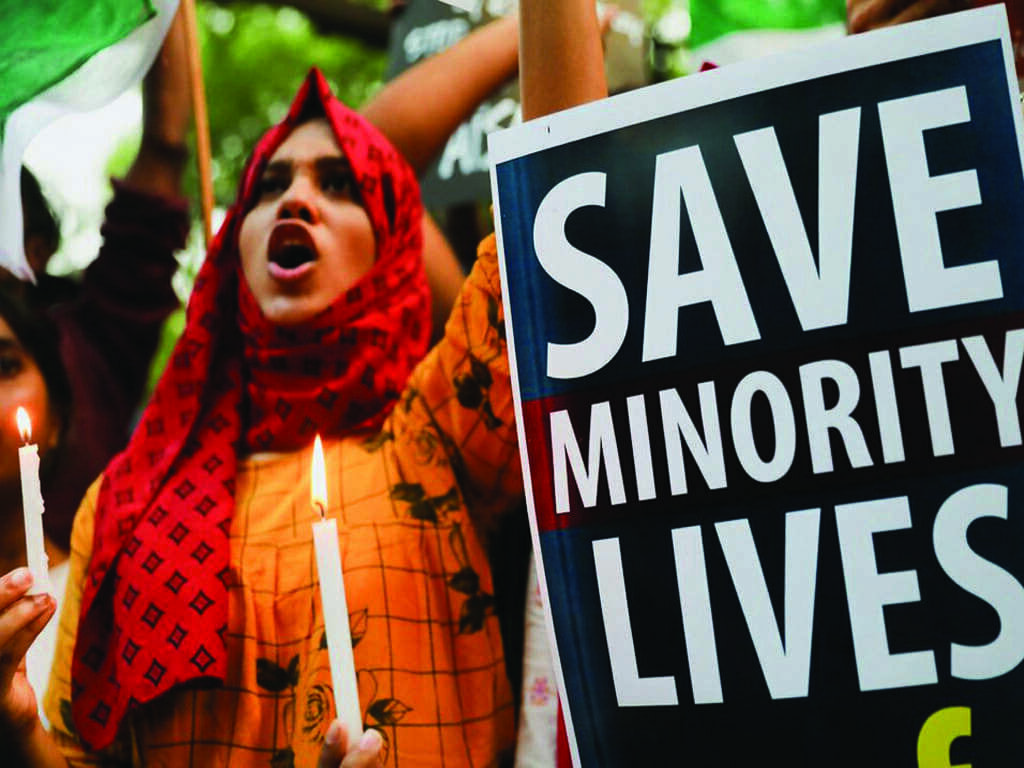The marginalization of religious minorities in Pakistan is a multifaceted issue deeply rooted in the country’s political and social fabric. Institutionalized political inequality has been identified as a significant factor contributing to the marginalization of these groups, which may also be a fundamental cause of Pakistan’s democratic weaknesses. This marginalization is not solely the result of actions by Islamist dictators but is also perpetuated by democratic leaders, as evidenced by the policies of Military and the civilian leadership. Contradictorily, the societal narrative that holds the entire society responsible for the plight of minorities has seldom been challenged in Pakistan. Academic discourse often lacks a comprehensive socio-cultural analysis, which is necessary to understand the complexities of marginalization beyond reductionist viewpoints. Furthermore, while the Pakistani constitution guarantees equal rights to all citizens, including religious minorities, there is a significant gap between the theoretical framework and its practical implementation, as seen in the experiences of Christian and Hindu minorities in Punjab. Interestingly, the challenges faced by Muslim minorities in non-Muslim majority countries, such as the United States, mirror those in Pakistan, suggesting that the issue of minority marginalization is not unique to one country or religion. The cultural and social exclusion of Muslims and Jews in the US, as depicted in John Updike’s “Terrorist,” highlights the universal struggle of minorities to balance their religious identity with loyalty to their country. In conclusion, the marginalization of religious minorities in Pakistan is a complex issue that requires a nuanced understanding of the country’s political history, societal narratives, and the gap between constitutional promises and reality. Efforts to address these challenges must involve a rigorous socio-cultural analysis and a commitment to bridging the divide between theory and practice. Moreover, the global context of minority marginalization underscores the need for a broader human rights education and policy reforms that are sensitive to the unique challenges faced by minorities in different cultural settings.
Must read
© 2024. Pakistan Khabar. All Rights Reserved.




